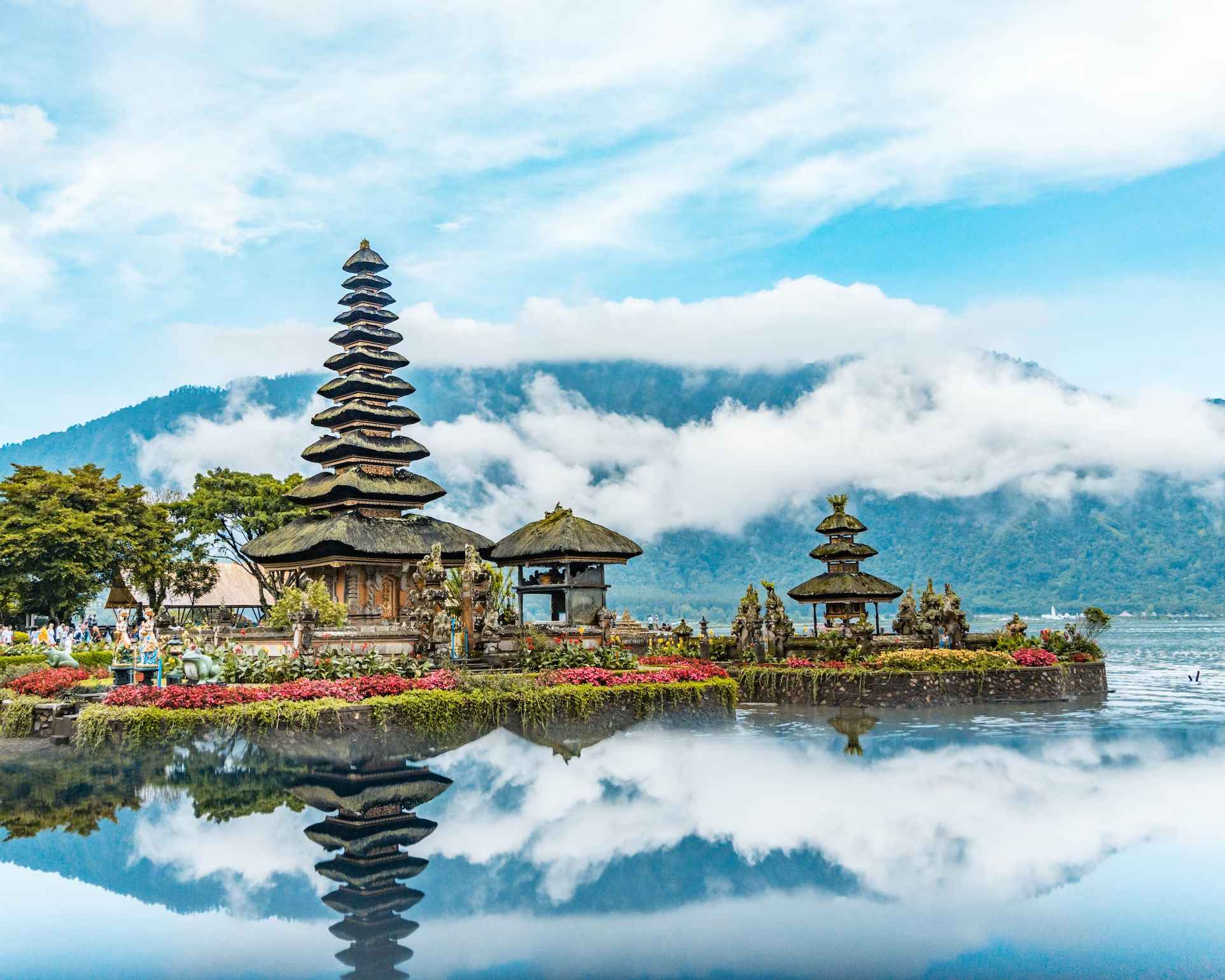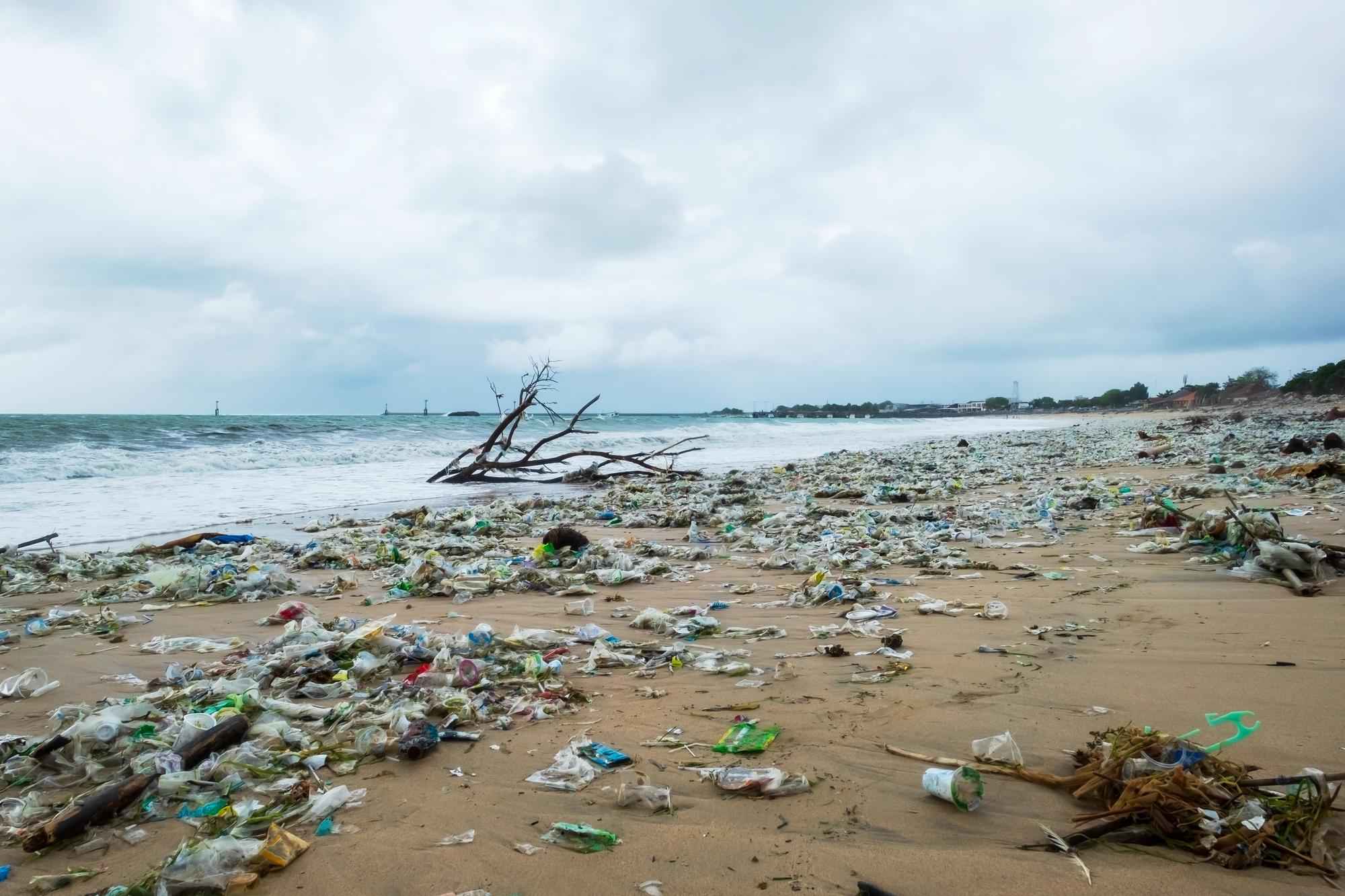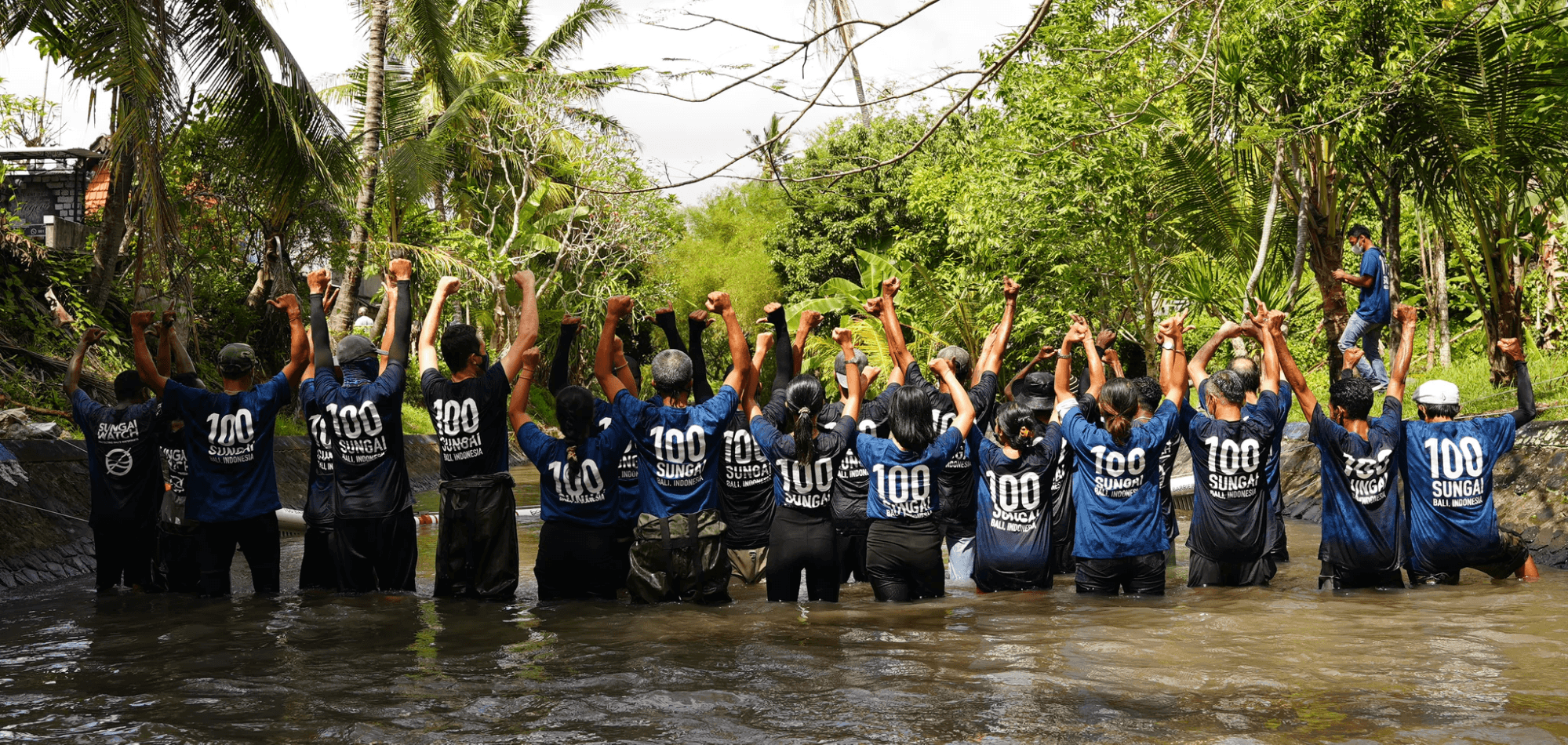Bali, where The Colony Hotel Bali is located, is one of the most visited tourist destinations in the world. While this may be good for the local economy and the local population, ecotourism will be needed as there could be long-term detrimental factors that would affect the island’s fragile ecosystem, marine and land environment, and the local culture and traditions.

Like it or not, just like everything else in life, there are pros and cons to mass tourism. It may be financially profitable now but mass tourism is hardly sustainable. The good news is, there are some ways to mitigate its negative impacts with a little effort and education.
So, what are some of the ways tourists could mitigate the harsh environmental, cultural, and social impacts of mass tourism on the beautiful Island of the Gods, maintain its eco-health while still enjoying a healthy stream of tourists and all of the benefits that tourism brings? A sustainable option would be ecotourism.
What Is Ecotourism?
According to the International Ecotourism Society, ecotourism is “responsible or sustainable travel” with one of the goals being conserving the environment and improving the well-being of the local people. Simply put, ecotourism just means going on holiday to places of natural beauty while helping the local people and maintaining their cultures without damaging the environment. It also involves creating and spreading awareness, helping travelers realize the impact of mass tourism and what can be done to minimize it.
In addition to minimizing the physical, social, behavioral, and psychological impacts of mass tourism, ecotourism also includes initiatives that would lead to positive outcomes such as building environmental and cultural awareness & respect. All this needs to be done while providing positive experiences for both visitors and the local people.
It would also provide direct benefits for wildlife, plant, and marine conservation with low-impact infrastructures and accommodations built to support and sustain the plans for ecotourism. Out of all the above, one of the most important goals of ecotourism would be to generate direct financial benefits for both the local people and the tourism industry.
Effects Of Mass Tourism In Bali

How has Bali been affected by mass tourism? The island has been a popular tourist destination since the 1970s. In 2022 alone, 2.1 million tourists visited Bali and as of March 2023, 1.3 million tourists have arrived in Bali. Tourism is the key source of income for the Balinese and Indonesian people, with a whopping 80% of the island’s population relying on tourism for their income.
So important is tourism to the island that during the pandemic, with the world’s borders closed and no international tourist arrivals, Bali suffered a revenue loss of USD 10 billion. Needless to say, the locals suffered the most and it goes without saying that without tourism, the people of Bali would be the first to feel the harsh impacts.
From a financial perspective, mass tourism brings about lots of profits for the local community and the local government at the district and national levels. Everyone wins, except maybe the environment, agriculture, and future generations.
Some major issues caused by mass tourism in Bali now include water shortage, environmental degradation like pollution of rivers, oceans, and other natural areas, garbage and waste problems, plastic pollution, over-crowded destinations, traffic jams, loss of authenticity, destruction of nature and loss of agriculture land due to overbuilding, and higher cost of living among others.
Impacts Of Ecotourism In Bali
Ecotourism will definitely provide positive impacts on both locals and visitors here in Bali. Through gradual awareness and education, ecotourism can help to minimize pollution and the destruction of farmland, promote and preserve the local cultures and traditions, maintain and preserve nature and wildlife and bring down the skyrocketing costs of living, alleviating poverty and reducing overcrowding in dense tourists’ areas.
The goal is to benefit both the local population and the environment for a long-term, sustainable and green future to tourism via ecotourism in Bali, and the best part is, everyone can participate to make a difference.
How To Contribute To Ecotourism In Bali

1. Get Involved with Local Organizations
There are many ways a traveler could contribute to a greener, healthier, more sustainable version of tourism in Bali. One way is to get involved with local organizations that are working hard to reverse the effects of mass tourism such as Bye Bye Plastic Bags, Sungai Watch, ROLE Foundation, Pro Fauna and Eco-Tourism Bali.
2. Choose Locally-Run Businesses
Another way to make a difference is to engage directly with locally-run businesses by staying at locally-run boutique hotels, attending classes run by locals like Balinese cooking classes, Balinese traditional dances, making the Balinese canang sari, taking part in a Balinese village tour and much more.
3. Go for Eco-Friendly Activities
If you’re looking to participate in activities like diving, snorkeling, trekking, and mountain climbing, do some research and talk to other eco-friendly travelers for their personal recommendations and experiences. A great option is to sign up for reef-building activities with a reef conservation organization like Coral Triangle Centre and North Bali Coral Conservation, or volunteer or donate to the Bali Sea Turtle Society.
4. Be Mindful of Waste and Carbon
Another way is to stay mindful of how much waste and carbon is produced while traveling. Do your best to reduce, reuse and upcycle items of clothing, water bottles, bags and footwear, and even glasses, utensils, napkins, and more. Try to avoid single-use or disposable items and if you can’t avoid them, make sure they are headed to the plastic exchange center, usually located in the village banjar.
5. Shop for Local Souvenirs
If you’re looking to shop for souvenirs, try going directly to the wood carvers, sculptors, painters, and those that produce the items that you’re looking for by hand. If this is not possible, the next best thing to do is to shop directly with locally-run shops that are owned by locals or head to the art markets. The money they receive will go directly to themselves and their families.
6. Pick Organic Stores
When it comes to supplies, try shopping at bulk food stores or organic stores that sell household products without plastic packaging like Soil Food Temple, Zero Waste Bali, Bali Buda, IbuBumi, Earth Cafe, and Alive Whole Food Store.
Stay At The Colony Hotel Bali

We hope you’ve found the above helpful. To start it all, you can first book your stay now with The Colony Hotel for a truly unforgettable experience with prices starting from IDR 1,500,000 per night*.
